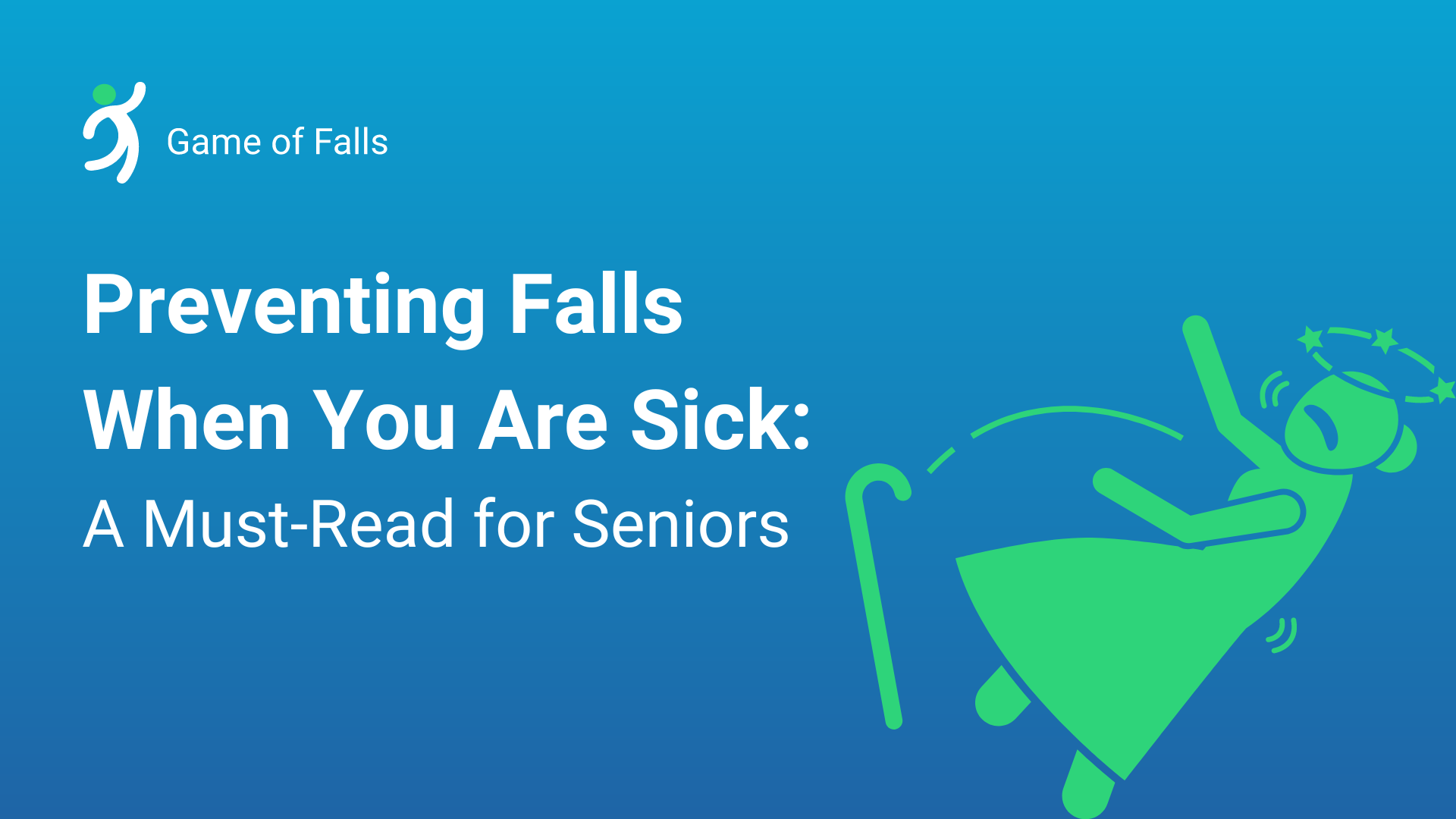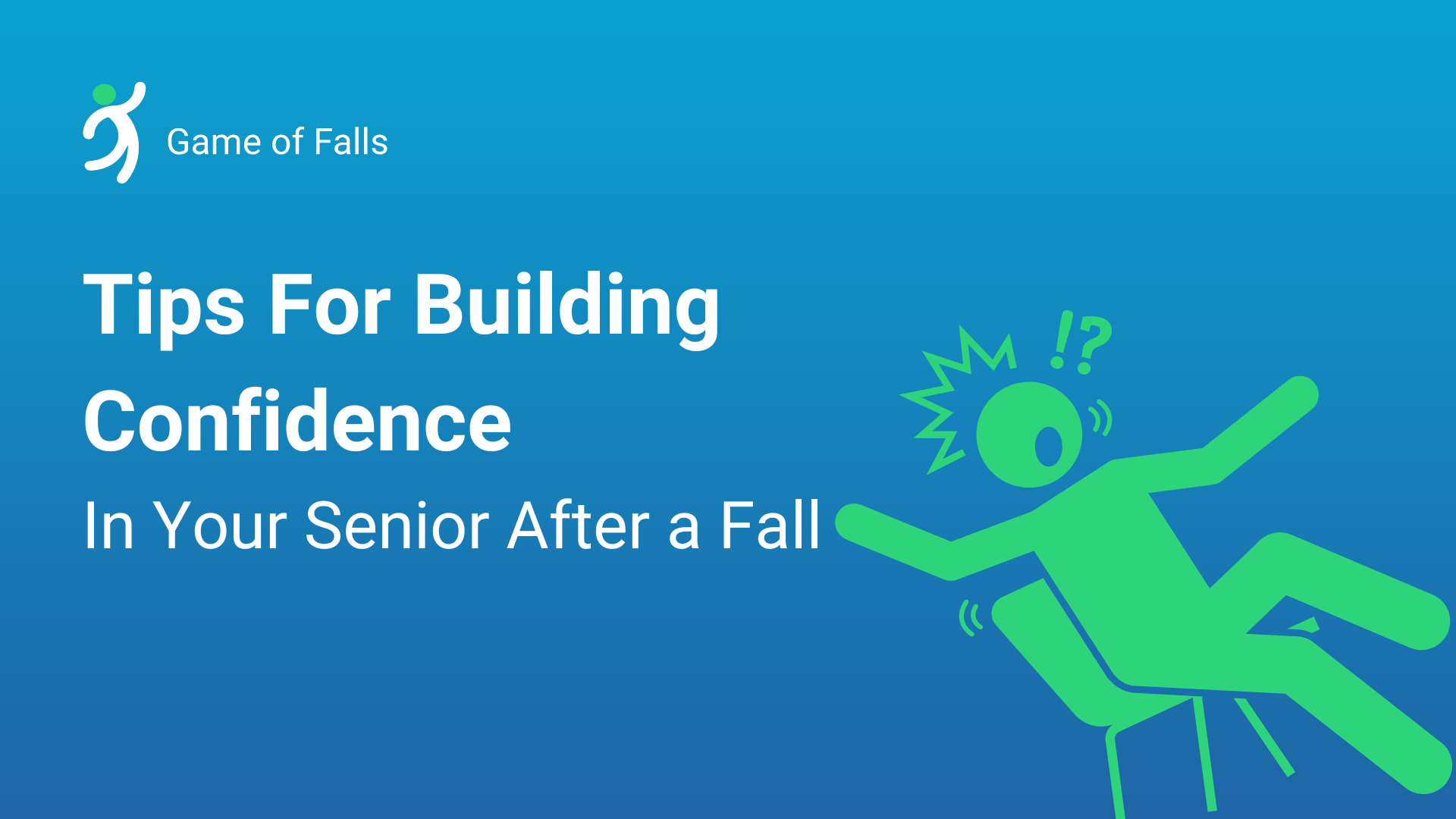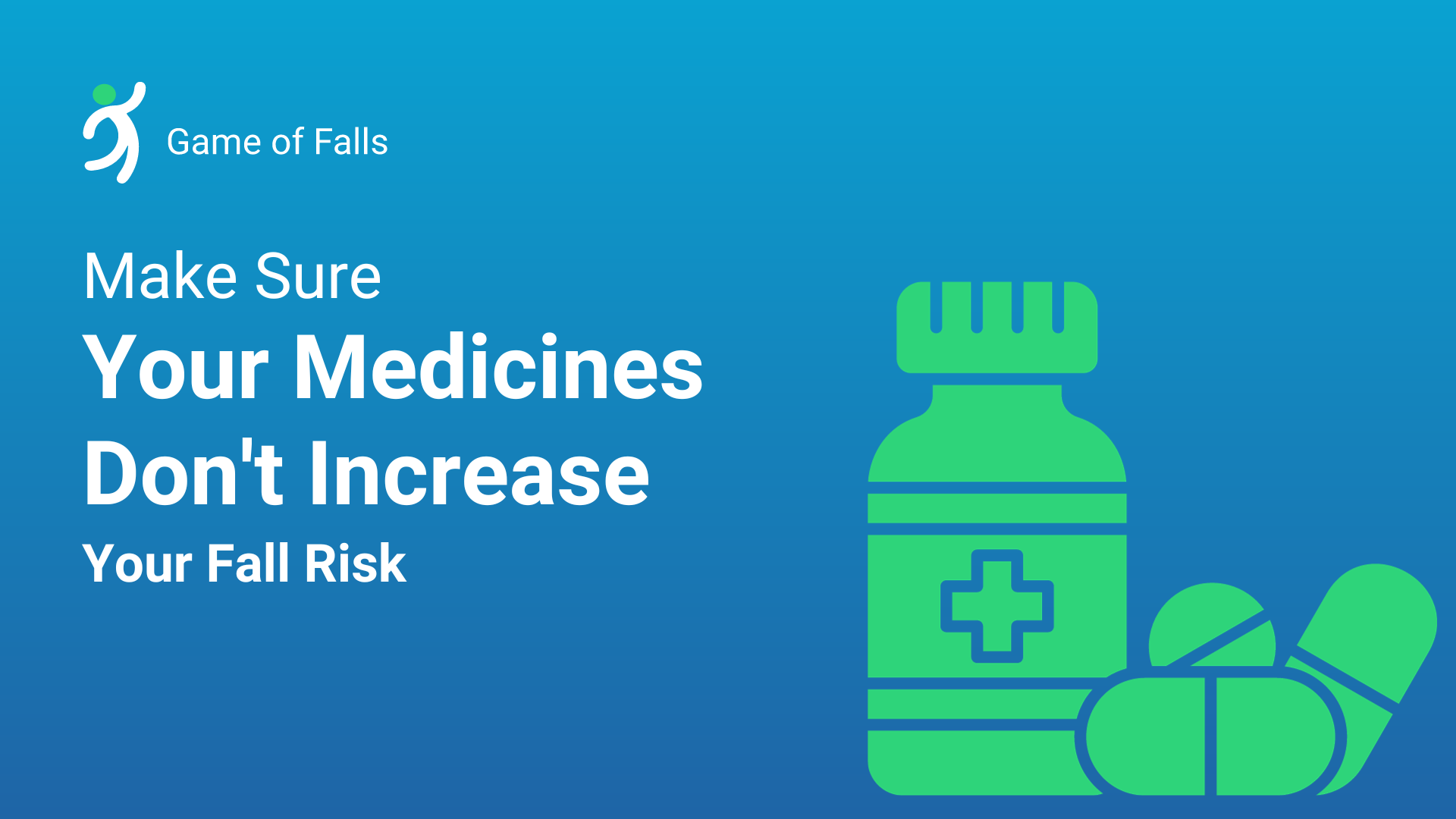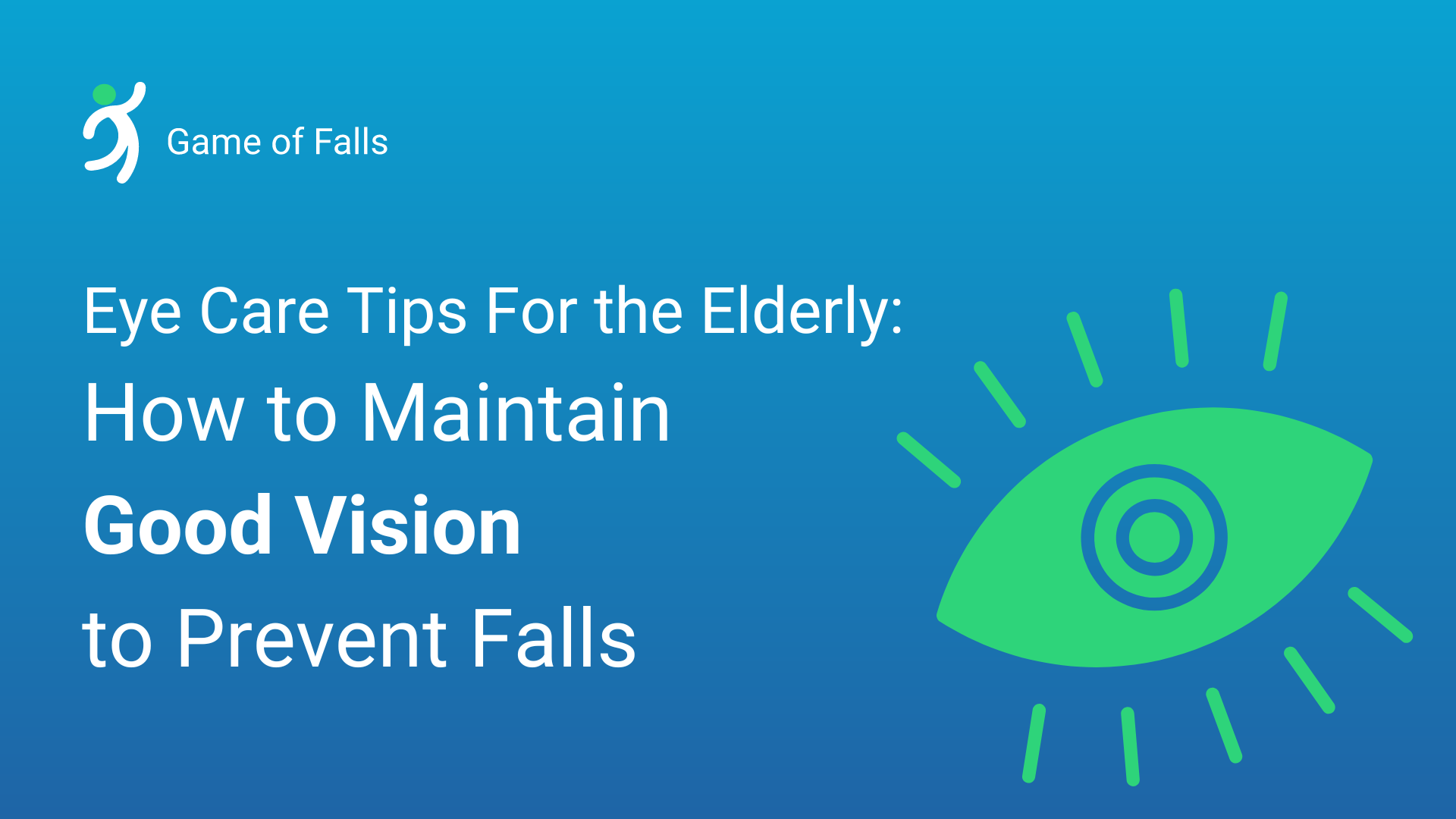
Our bodies alter tremendously as we age. However, waking up one day to find you are slowly losing the ability to read the newspaper, check your smartphone or laptop, or even recognize who is walking toward you is another kind of worry. After all, it implies that our vision is compromised. Here are 6 Eye Care Tips For The Elderly that could be looked on.
As we grow older, age-related conditions such as macular degeneration, glaucoma, and cataracts begin to affect our eyes more easily. These factors make it all the more challenging to see clearly. The result? It increases the chances of falling. Given this precarious situation, it’s essential to take care of our eyes as we get older. How to prevent falls in the elderly even as their vision deteriorates?
Worry not! In this blog, we take you through some eye care tips for the elderly to help keep your eyesight sharp as you age.
Eye Care Tips For The Elderly
Routinely monitor your eyes
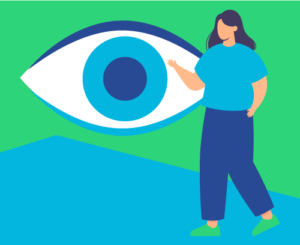
Do you know how should you take care of your eyes? One of the eye care health tips you should follow is having regular eye exams. These tests detect vision issues early on so that prompt treatment can begin.
Your eye doctor will be able to notice any early indications of age-related macular degeneration, glaucoma, or cataracts and will be able to guide you on the best course of treatment.
Put on proper prescription glasses and corrective lenses
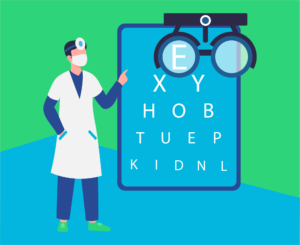
With age also comes the need for wearing prescription glasses and corrective lenses for near and far-sightedness to improve our eyesight and avoid the danger of fall mishaps.
- If medical or surgical therapies are ineffective, low-vision aids can be prescribed for elderly people with poor eyesight so they can continue to maintain independence.
- Likewise, it’s important to shield our eyes from the sun’s ultraviolet (UV) rays which can be detrimental.
- Ensure you wear a broad-rimmed hat, and a scarf, along with sunglasses or prescription eyewear with UV protection to safeguard your eyes from the sun.
Deal with cataracts effectively
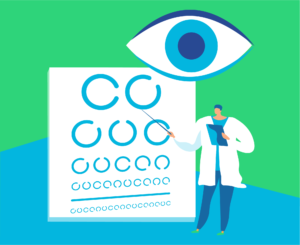
As one gets older, it becomes more difficult to answer the question of how to prevent falls in the elderly. After all, older adults face age-related vision changes and conditions that arise, the most popular being ‘cataracts’.
- Cataracts cause the natural lens of the eye to become clouded, leading to hazy vision, blurry focus, and glare.
- Although it usually begins to develop as early as age 50, most people don’t need surgery until they are in their late 60s or early 70s.
- The good news is that you can restore vision with a synthetic lens that easily replaces the clouded one during cataract surgery.
- Also, take vitamin C and reduce your exposure to the sun’s UV rays by wearing caps and sunglasses to avoid cataracts which can help with fall prevention in elderly.
Maintain a healthy lifestyle
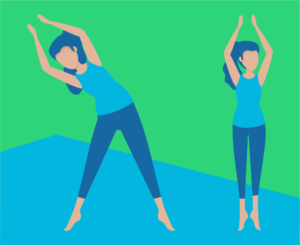
From the many eye care tips for the elderly, pay attention to a healthy lifestyle rich in essential nutrients. It goes a long way toward keeping your eyes and overall health in top shape.
- A diet complete with leafy greens such as kale, Brussels sprouts, spinach, fish such as sardines, cod, salmon, whole grains, fruits, and vegetables is excellent for the eyes and maintaining vision.
- Nuts and seeds such as chia seeds, walnuts, and flaxseed are good options for omega-3 fatty acids too.
- Exercise is essential for maintaining physical health and preventing disease. Like the rest of the body, the eyes require adequate blood flow and oxygen intake, and regular exercise helps to support both.
Avoid smoking

Smoking is one of the vices that impacts our eyes just as much as it does the rest of our bodies.
- Studies have shown a tie between smoking and an increased incidence of cataracts and age-related macular degeneration (AMD).
- In fact, your chance of having AMD rises to a shocking 5.5 times higher if you smoke and are over 80.
- Young smokers have a 2.5–3.5 times higher chance of developing macular degeneration than nonsmokers.
Smoking is harmful, and it’s crucial to recognize the serious effects it can have on our vision. One of the best eye care health tips you can follow for the well-being of your eyes and body is to stop smoking if you currently do so.
Create a safe environment
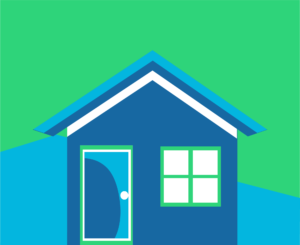
While deteriorating eyesight increases the chances of mishaps, one way how to prevent falls in the elderly is to make sure your home is well-lit. Creating a safe environment also helps when you want to know how to prevent falls in the elderly in nursing homes. Also, take out any tripping hazards like loose carpets and keep the floors dry and clean.
Also, use “Game of Falls“ to learn how to prevent elderly falls in older adults. It is a fun and engaging game that teaches older individuals about external fall risks in the home environment. Playing the game helps them stay vigilant to prevent exterior home fall hazards, and keeps the mind alert in injury-prone circumstances.
Other eye care tips for the elderly
-
Know about medications that cause side effects:
Some medications can lead to side effects, so it is imperative to remember this when looking at eye care tips for the elderly. After all, some individuals experience dizziness after taking these medications, inevitably increasing the chances of fall mishaps and accidents. If you are experiencing side effects from any medication, consult your doctor about adjusting the dosage or switching to a different medication altogether.
-
Stay active and exercise regularly:
Exercise is not only good for your overall health, but it’s also good for your eyes and can be of great help when learning how to prevent falls in elderly. Regular exercise, especially activities that improve balance and coordination, such as yoga and tai chi, can help minimize the risk of falls by improving strength and flexibility.
-
Reduce eye strain
It’s crucial to take regular breaks when you are using a computer or other electronic devices. Staring at a screen for long periods of time can cause eye strain and fatigue. To prevent this, take a break every 20 minutes and look at something at least 20 feet away for 20 seconds. It gives your eyes a chance to rest and helps reduce the risk of eye strain.
It’s also vital to understand the signs of eye issues so you can learn how to prevent falling in elderly. Schedule an eye exam as soon as you notice any changes in your vision, such as impaired vision, trouble seeing at night, or seeing floaters or flashes. Early treatment is a must to maintain eyesight because these symptoms may be a sign of a serious eye condition.
All in all, being proactive in taking care of our eyes is a crucial factor in knowing how to prevent elderly from falling. It also maintains our quality of life as we age and helps with good eye health. We hope these tips will help you maintain good vision as you age and reduce the risk of falls drastically.
Try using “Game of Falls – Prevent elderly falls ” to learn the ropes of how to avoid falls in older adults. It will surely do you a world of good as it offers insights and tips on how to prevent falls in the elderly so that they can feel safe at home.
As flu season turns up the dial, one question often comes to mind: Why does the flu hit older adults so hard? It’s a perfect storm where senior flu prevention becomes key since their natural aging nudges immune systems into a less active state, amplifying the impact of flu symptoms. For caregivers, ensuring flu season […]
Confidence is a crucial ingredient in living a fulfilling and independent life, especially for seniors. So, what happens when an event like a fall shakes the very foundation of a person’s confidence, particularly in the elderly? After a fall, it’s natural for seniors to feel vulnerable and apprehensive about engaging in their everyday activities. Fear […]
Have you considered that growing older might mean getting better, so long as you nurture the one body you’ve been given? Staying active is a dynamic part of aging, and a key aspect of that is utilizing preventive health screenings to catch problems early. The good news is that Medicare and most health plans cover […]
Did you know that the medicines meant to ensure your health could also increase your chances of a fall? It’s a startling thought, but true for many older adults. As we age, we often become, rather ironically, a walking pharmacy. With every pill we swallow to keep our health conditions in check, there lies an […]

